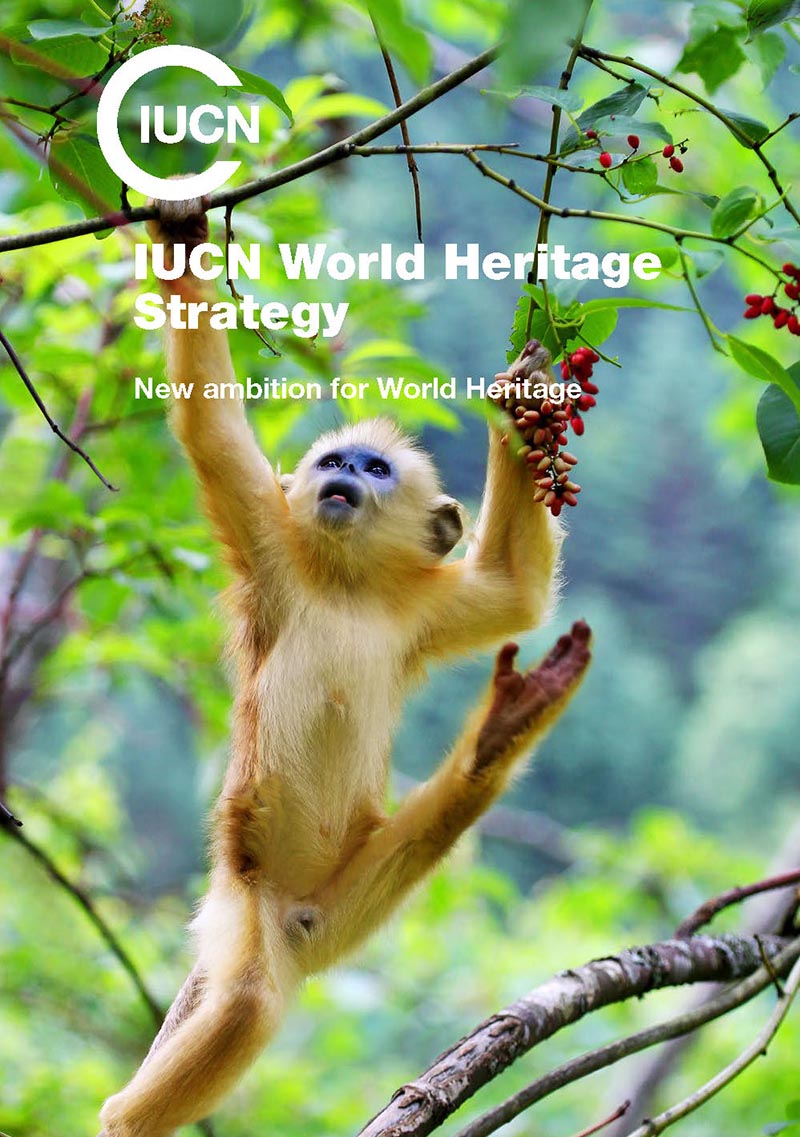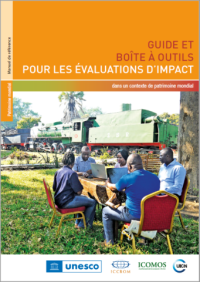IUCN World Heritage Strategy: New ambition for World Heritage
IUCN’s new World Heritage Strategy focuses on supporting the World Heritage Convention, and current and potential World Heritage sites, to make the greatest conservation impact, including maximising their contribution to the achievement of global goals for nature conservation, to 2030 and beyond. The vision and key components of the IUCN World Heritage Strategy are set out below.
Vision
IUCN’s vision is that the World Heritage Convention is recognised and celebrated as protecting the world’s most significant areas of natural and cultural conservation importance, and that World Heritage inspires innovation and best practices globally and locally.
To deliver this vision, IUCN will focus on six priorities. For each priority IUCN proposes a goal for how World Heritage will contribute to successful conservation and sustainable development outcomes, and our ambition to support each goal.
The Strategy will be implemented by engaging the whole IUCN Union, including the key contributions of IUCN Members and IUCN Commissions, via:
■ The unique role of IUCN as Advisory Body to the World Heritage Committee
■ New and enhanced global IUCN initiatives on World Heritage
■ A series of new regional World Heritage affirmative action plans, coordinated via IUCN’s network of regional and country offices
Priorities and goals
The six priorities and linked goals of the IUCN World Heritage Strategy are:
Priority 1. Conservation: delivering global conservation action and outcomes
IUCN’s goal: Establishment and effective conservation and management of a balanced and inclusive World Heritage List of the most significant sites of Outstanding Universal Value, which provide exemplars that inspire global and national policy and best practice.
Priority 2. Communities and constituency: delivering results for people
IUCN’s goal: World Heritage sites that create increased local benefits and realise the rights of Indigenous peoples and local communities, and which are supported by the largest possible constituency within IUCN and its partners.
Priority 3. Culture: promoting innovation by linking nature and culture
IUCN’s goal: World Heritage supports the leadership of the diverse cultural, traditional and Indigenous stewards and custodians of heritage, and catalyses conservation approaches that promote the flourishing diversity of nature and culture.
Priority 4. Communication: inspiring success and engagement
IUCN’s goal: World Heritage demonstrates and inspires success, and engages all for collective action to sustain humanity’s common heritage, globally and locally.
Priority 5. Capacity: increasing the ability to deliver through World Heritage
IUCN’s goal: Strengthened technical, institutional and financial capacity of World Heritage sites to enable effective protection, management and communication to be delivered.
Priority 6. Credibility: upholding exemplary standards
IUCN’s goal: All aspects of World Heritage are implemented in an exemplary manner, through good governance, accountability, inclusivity and transparency.



